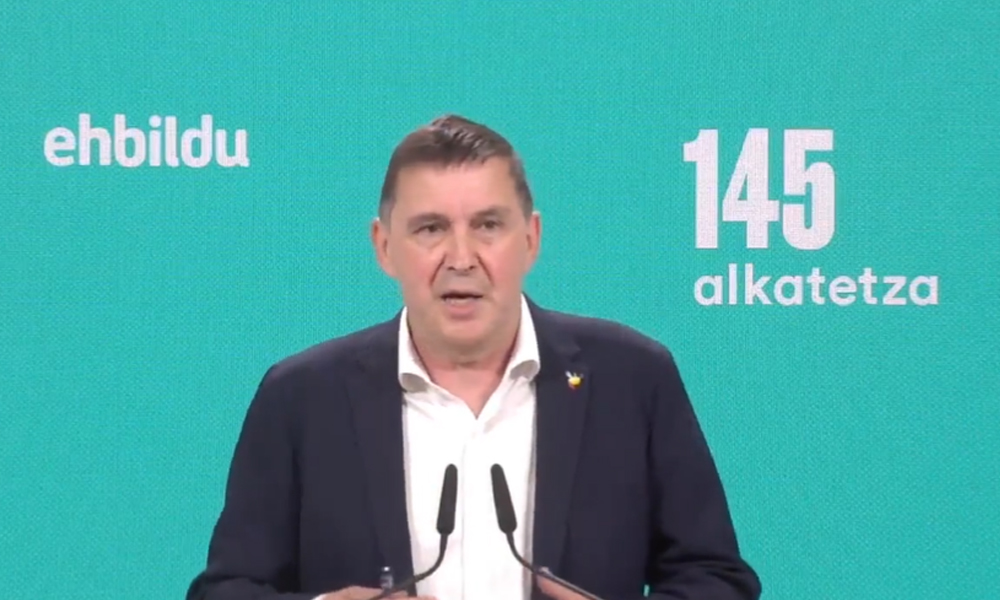The first major climate trial in the United States, in which a dozen young people accuse the State of Montana of violating their constitutional right to a “clean and healthy environment”, has concluded with the verdict expected in a few weeks. The decision will have significant implications not only for local environmental activists and Montana, which defends the fossil fuel industry, but also for many other similar lawsuits filed across the country.
This trial marks the first time that the constitution of an American state has been invoked in court to challenge local authorities on a climate issue. The trial, which began on June 12 in Helena, ended on Tuesday after closing arguments. Demonstrators showed their support for the young complainants outside the court, holding signs and chanting slogans.
Judge Kathy Seeley, who presided over the hearing, has asked the lawyers of both parties to submit their written conclusions within two weeks before she makes her decision. One possible outcome is the striking down of a Montana law that prohibits the local government from considering climate impacts when granting permits to fossil fuel companies.
At the heart of the debates is an article of the local constitution that states “the State and everyone must maintain and improve a clean and healthy environment in Montana for present and future generations.” The 16 plaintiffs, aged 5 to 22, argue that the “dangerous effects of fossil fuels and the climate crisis” have harmed them, with children being particularly vulnerable to these worsening effects.
The plaintiffs are not seeking monetary compensation but rather asking their government to fulfill its constitutional responsibility to mitigate the harm caused by its own actions. The fight against climate change is described as “the fight of a lifetime,” and the plaintiffs are seeking the court’s assistance in addressing this issue.
The representative of the State of Montana, Michael Russell, argues that these questions should be decided by the people through their elected representatives. He emphasizes that the case should not be treated as a political rally or popularity contest but rather as a court of law. While acknowledging the responsibility of human emissions in global warming, Russell points out that the experts cited by the plaintiffs were unable to precisely quantify the consequences of Montana’s laws on climate change.
Montana, a state in the north-west of the country with just over a million inhabitants, emits approximately the same amount of CO2 as Argentina. The plaintiffs emotionally testified in court about how their health, well-being, family finances, and traditions have been disrupted. Lead plaintiff Rikki Held, 22, shared the story of a wildfire that caused power outages on their ranch for a month, resulting in the death of livestock due to the inability to pump water.
A decision in favor of these climate activists would be seen as a significant victory for other similar cases filed in different jurisdictions across the country. Michael Burger, executive director of the Sabin Center for Climate Law at Columbia University, believes it would be very encouraging for young people and activists nationwide. The verdict is eagerly awaited by all parties involved.
What are the arguments presented by the 16 plaintiffs in the trial accusing the State of Montana of violating their constitutional right to a clean and healthy environment?
Accuse the State of Montana of violating their constitutional right to a clean and healthy environment. The trial, which concluded recently, is the first major climate trial in the United States where young people invoke the state constitution to challenge local authorities on a climate issue.
The trial began on June 12 in Helena and ended on Tuesday after closing arguments. Throughout the proceedings, demonstrators showed their support for the young complainants, holding signs and chanting slogans outside the court. Judge Kathy Seeley, who presided over the hearing, has requested both parties to submit their written conclusions within two weeks before she makes her decision.
The verdict of this case is expected to have significant implications not only for local environmental activists but also for many other similar lawsuits filed across the country. It may result in the striking down of a Montana law that presently prohibits the consideration of climate impacts when granting permits to fossil fuel companies.
The foundation of this trial lies in an article of the local constitution, which emphasizes that the state and everyone must maintain and improve a clean and healthy environment in Montana for present and future generations. The 16 plaintiffs, ranging in age from 5 to 22, argue that the State of Montana has failed in its duty to uphold this constitutional mandate.
With the outcome of this trial pending, many are eagerly awaiting the judge’s decision, which is expected to be delivered in the coming weeks. The implications of this case extend beyond Montana, raising important questions about the rights of children and the responsibilities of local authorities in ensuring a clean and healthy environment for future generations.



This landmark climate trial in Montana brings hope for a cleaner future, holding authorities accountable for violating our fundamental right to a healthy environment. Let justice prevail!